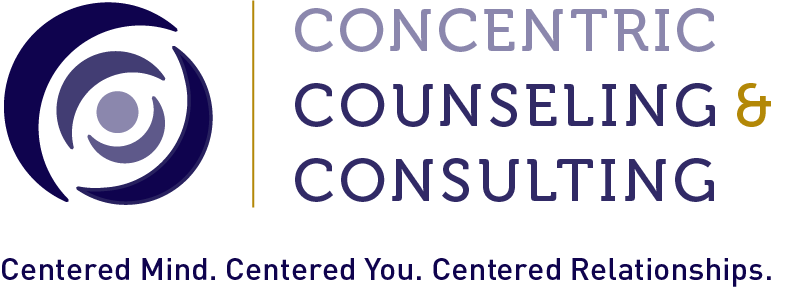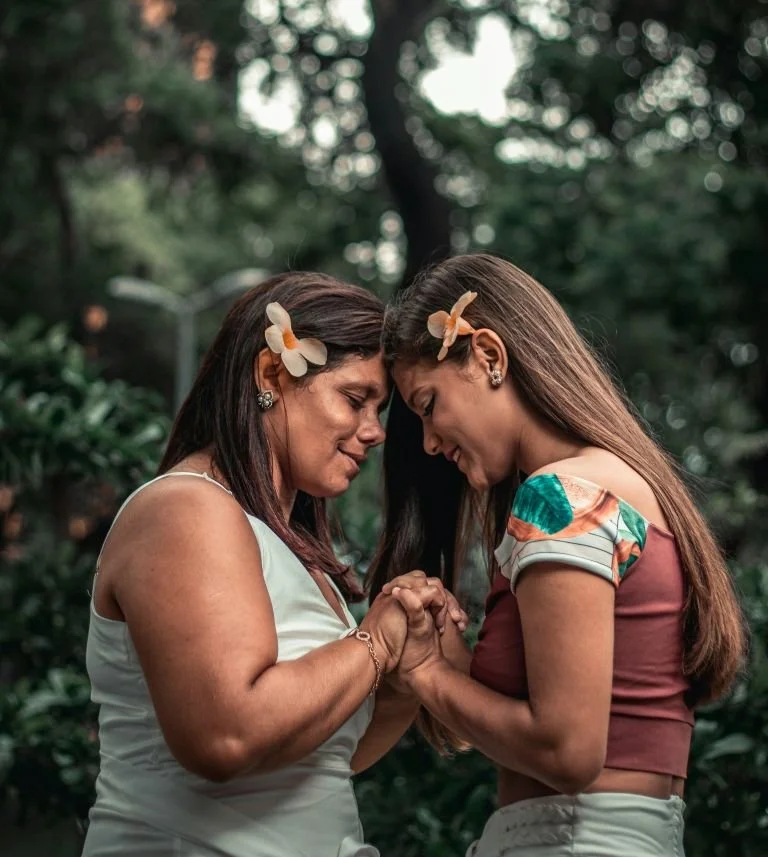How Moms Shape Their Daughter’s Body Image
/By Concentric Counselor Michelle Taufmann, LCSW
Excerpt from Neighborhood Parents Network (NPN) blog: Moms, You're The Key To Your Daughters' Positive Body Image
How do we equip girls with a positive body image? It’s a never-ending question that doesn’t seem to wane no matter the advances of women in society. Articles in the press in recent years suggest that mothers are the most influential when it comes to girls’ attitudes toward their bodies. While societal messages, stereotypes and peers are influential forces, mothers are their daughters' primary teacher when it comes to beliefs toward body and physical mage.
How do mothers influence their daughters’ body image a healthy way? Focus your attention on the function and ability of body. When mothers appreciate their own and their daughters’ bodies for what they are capable of— resilience, flexibility, strength, and endurance —they help their daughters develop a positive perspective on their bodies. This one may be obvious, but is worth saying for those who have any doubts: Do not make negative comments or claims about your daughter’s body (e.g., “Wow, you sure got my thick ankles, didn’t you?"). It’s even best to keep favorable comments about your daughter's image to a minimum in effort to prevent over-identification with the body. Another “no-no” is supporting your daughter to diet or “watch her weight” (unless it’s medically necessary). Even if dieting is her idea or because her friends are doing it. Discourage it and take some time to have a healthy discussion about it.


